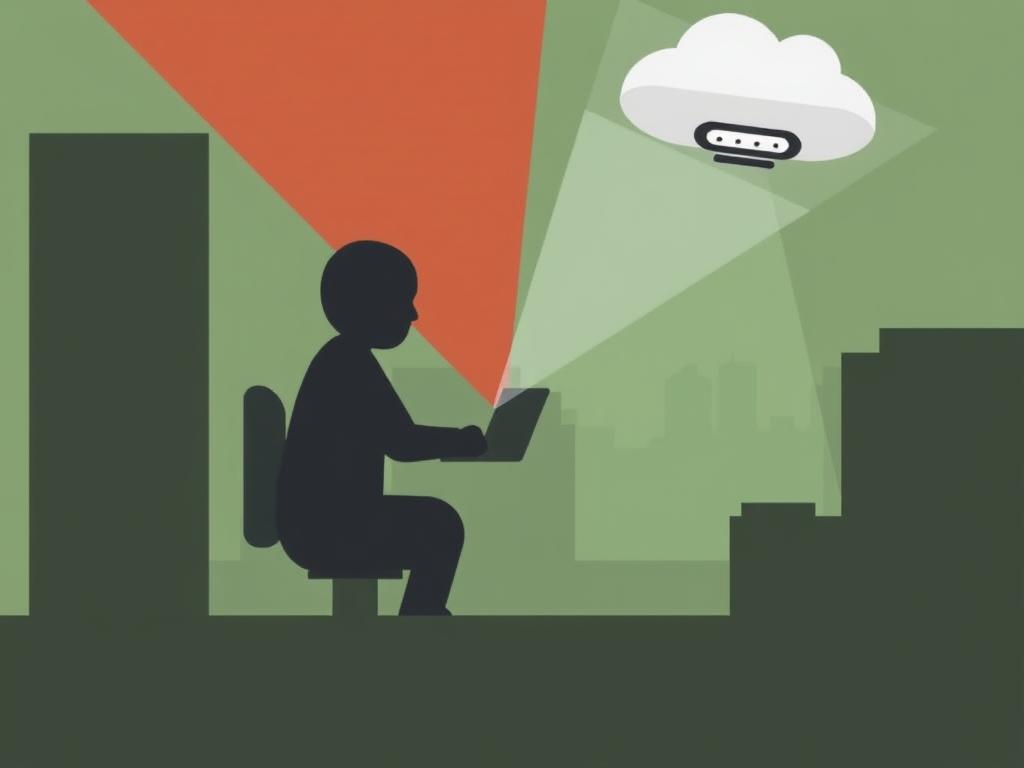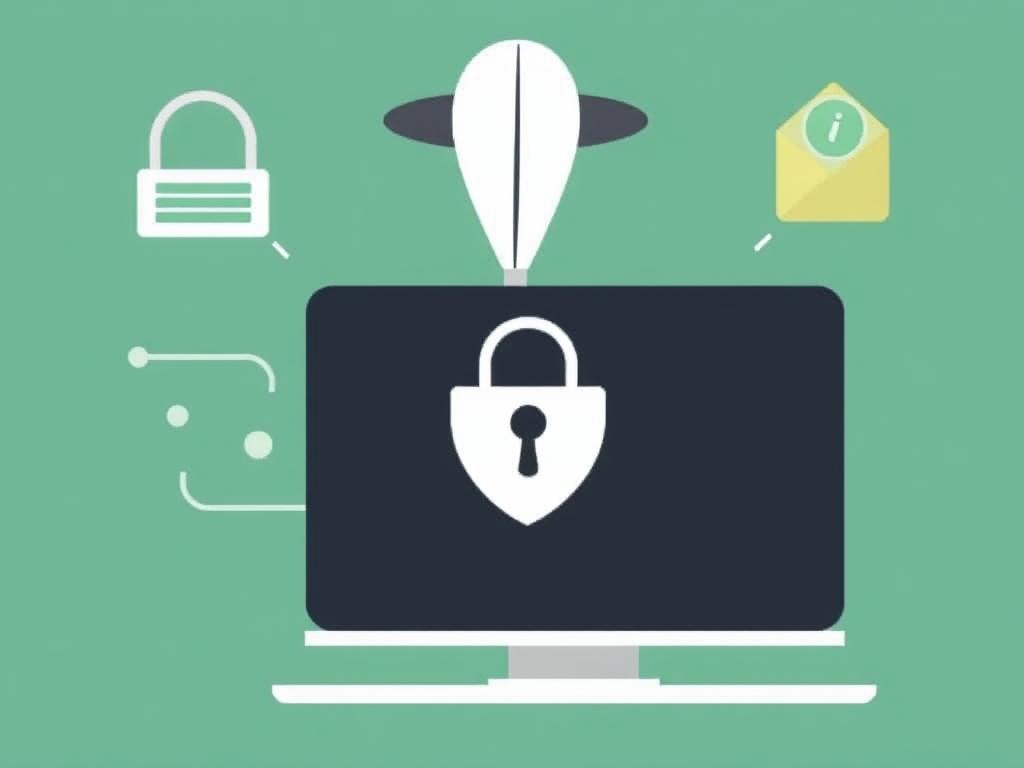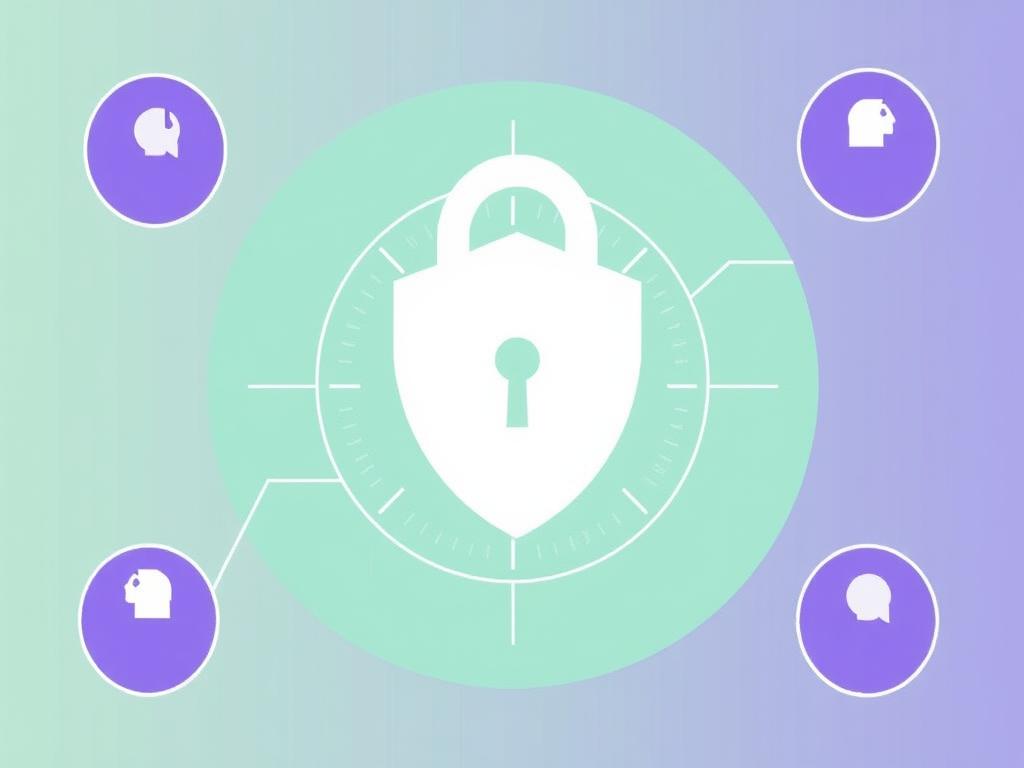In today’s world, where digital privacy is more important than ever, avoiding government surveillance has become a priority for many internet users. Whether you’re concerned about your online activity being monitored or simply want to protect your data from prying eyes, using a reliable VPN is a smart move. But with so many VPNs on the market, how do you know which service offers the best protection against government surveillance? In this article, we’ll explore the best VPNs for avoiding government surveillance, what features you need to look out for, and how to use them effectively to keep your online presence truly private.
Why Government Surveillance is a Concern

Governments around the world have increasingly invested in tools and programs that allow them to monitor online activities. From tracking internet browsing habits to intercepting communications, surveillance can be intrusive and, in many cases, invasive. This kind of monitoring raises serious questions about freedom, privacy, and security. For businesses, activists, journalists, or everyday users worried about government overreach, protecting your data is essential. A VPN, or Virtual Private Network, can help encrypt your data and mask your IP address, making it much harder for governments to track your online behavior.
Key Features to Look for in VPNs for Avoiding Government Surveillance
Not all VPNs are created equal, especially when it comes to avoiding government surveillance. Some VPNs may log your data or have vulnerabilities that governments can exploit. When searching for the best VPNs for avoiding government surveillance, here are key features to consider:
- No-logs policy: Ensures the VPN provider does not store user data, preventing the government from accessing your history even if they request it.
- Strong encryption: Look for VPNs that use at least AES-256 encryption, the industry standard for security.
- Kill switch: This feature blocks your internet connection if the VPN connection drops, preventing accidental exposure of your IP.
- Jurisdiction: VPNs based outside of countries with aggressive surveillance alliances (such as the Five Eyes) can offer more privacy protection.
- Obfuscation technology: Helpful for bypassing VPN-blocking firewalls that some governments use.
- Multi-hop servers: Routing your connection through multiple servers provides an extra layer of obfuscation.
Top VPNs for Avoiding Government Surveillance

Here is a detailed overview of some of the best VPNs that excel in protecting users from government surveillance. These VPNs have earned a reputation for their security, commitment to privacy, and user-friendly features.
| VPN Service | No-logs Policy | Encryption | Jurisdiction | Obfuscation | Multi-hop | Price (Monthly) |
|---|---|---|---|---|---|---|
| ExpressVPN | Strict no-logs | AES-256 | British Virgin Islands | Yes | Yes | $12.95 |
| NordVPN | Certified no-logs | AES-256 | Panama | Yes | Yes | $11.99 |
| Surfshark | No-logs | AES-256 | British Virgin Islands | Yes | Yes | $12.95 |
| ProtonVPN | Strict no-logs | AES-256 | Switzerland | Yes | Yes | $10.00 |
| VyprVPN | No-logs (independently audited) | AES-256 | Switzerland | Yes | No | $12.95 |
ExpressVPN: User-Friendly and Highly Secure
ExpressVPN is one of the most popular VPNs for avoiding government surveillance thanks to its British Virgin Islands jurisdiction, which is privacy-friendly and outside of the most aggressive surveillance alliances. It offers robust encryption, a kill switch, and obfuscation technology that allows users to bypass VPN blocks. ExpressVPN’s no-logs policy has been tested in court, reinforcing its credibility. Its multi-hop feature adds extra protection by routing traffic through multiple servers, making it incredibly difficult for governments to track any activity back to you.
NordVPN: Privacy and Advanced Security Features
NordVPN is another excellent option that offers a certified no-logs policy and headquarters in Panama, which is outside of the Five Eyes, Nine Eyes, and Fourteen Eyes surveillance alliances. Its strong encryption combined with multi-hop connections and obfuscation help users maintain anonymity even in countries where VPN use is restricted. It’s feature-rich, affordable, and great for those who want a robust VPN that’s easy to use.
Surfshark: Budget-Friendly Privacy
For those looking to avoid government surveillance without breaking the bank, Surfshark stands out. Based in the British Virgin Islands, Surfshark has a no-logs policy and a suite of features tailored for privacy, including a kill switch, obfuscation, and multi-hop routes. It allows for unlimited simultaneous connections, which is a bonus if you want to protect multiple devices at once.
ProtonVPN: Privacy-Focused with a Scientific Background
ProtonVPN’s Swiss jurisdiction is a huge plus for anyone worried about government surveillance. Switzerland’s strict privacy laws protect user anonymity, and ProtonVPN’s no-logs policy ensures that information will never be stored or shared. Its open-source apps and transparency reports provide an added layer of trust. ProtonVPN also supports secure core servers, similar to multi-hop, for enhanced privacy.
VyprVPN: Independently Audited and Transparent
VyprVPN operates from Switzerland and has undergone independent audits to verify its no-logs claims. It employs AES-256 encryption and offers a proprietary Chameleon protocol, which scrambles VPN traffic to prevent blocking and deep packet inspection commonly used by governments to detect VPN use. While it doesn’t offer multi-hop, its security measures remain solid for those looking to avoid surveillance.
How to Use VPNs Effectively to Avoid Government Surveillance
Simply subscribing to a VPN is not enough if you want to maximize your protection against government surveillance. Here are some tips to use your VPN effectively:
- Always Activate the Kill Switch: This automatically blocks your internet connection if the VPN disconnects, preventing accidental data leaks.
- Use Multi-Hop or Secure Core Servers: These routes add layers of encryption by passing your traffic through multiple servers.
- Enable Obfuscation: Useful if your government blocks or throttles VPN traffic. It hides the fact that you’re using a VPN altogether.
- Regularly Update Your VPN Software: Updates include security patches and new features that help maintain privacy.
- Combine VPNs with Other Privacy Tools: Use alongside encrypted messaging apps, Tor Browser, and secure password managers for comprehensive protection.
Potential Limitations and Considerations
It is important to remember that no single tool guarantees total privacy and security online. VPNs can significantly reduce your exposure to government surveillance, but they are not foolproof. Sophisticated surveillance programs might still find ways to collect some data, especially if you reveal identifiable information through your online behavior. Additionally, some countries have made VPN use illegal or restricted it heavily, so staying informed about local laws is essential. Despite these challenges, using a trusted VPN remains one of the best defenses available against unwanted government eyes.
Summary Table: Best VPNs Features at a Glance
| VPN | No-logs | Encryption | Obfuscation | Multi-hop | Kill Switch | Jurisdiction |
|---|---|---|---|---|---|---|
| ExpressVPN | Yes | AES-256 | Yes | Yes | Yes | British Virgin Islands |
| NordVPN | Yes | AES-256 | Yes | Yes | Yes | Panama |
| Surfshark | Yes | AES-256 | Yes | Yes | Yes | British Virgin Islands |
| ProtonVPN | Yes | AES-256 | Yes | Yes | Yes | Switzerland |
| VyprVPN | Yes | AES-256 | Yes | No | Yes | Switzerland |
Additional Tips for Enhancing Online Privacy
Beyond selecting the best VPNs for avoiding government surveillance, consider these additional practices to safeguard your privacy:
- Use Strong, Unique Passwords: Utilize password managers to avoid repetitive or guessable passwords.
- Enable Two-Factor Authentication (2FA): Adds an extra layer of security on your accounts.
- Be Cautious with Public Wi-Fi: Public networks are vulnerable and can be monitored easily without protection.
- Limit Sharing Personal Information Online: The less you share, the less data governments or hackers can collect.
- Regularly Clear Cookies and Cache: These can be used to track your activity online.
Final Thoughts on Choosing the Best VPN for Government Surveillance
Choosing the best VPN for avoiding government surveillance comes down to a combination of technology, trust, and user needs. Prioritize VPNs with verified no-logs policies, strong encryption, and privacy-friendly jurisdictions. Features like obfuscation and multi-hop connections can greatly enhance security, especially in restrictive environments. Remember, a VPN is a crucial part of a privacy toolkit, not a silver bullet. Stay informed, use best practices, and you’ll greatly reduce the risks associated with government monitoring of your online activities.
Conclusion

In an age where government surveillance is increasingly common, protecting your online privacy has become essential. The best VPNs for avoiding government surveillance offer a powerful shield through strong encryption, no-logs policies, and features designed to prevent detection and tracking. Services like ExpressVPN, NordVPN, and ProtonVPN provide trusted options for users seeking to safeguard their internet activity from prying eyes. While no solution guarantees complete anonymity, combining a reliable VPN with good online habits makes it significantly more difficult for governments to monitor your digital life. Staying proactive, informed, and cautious is the key to maintaining your privacy in today’s interconnected world.
